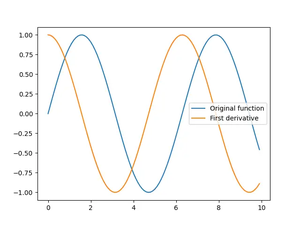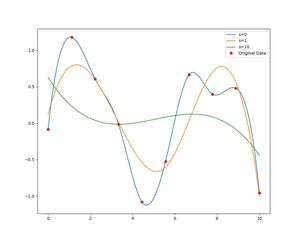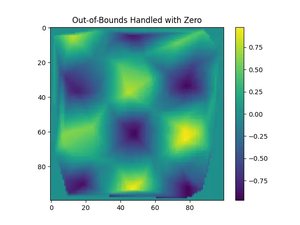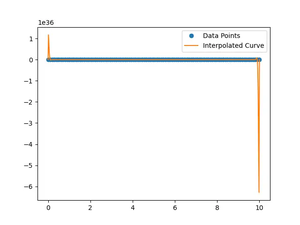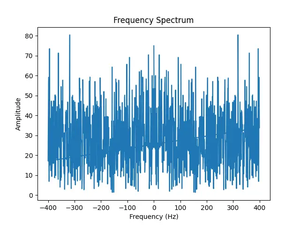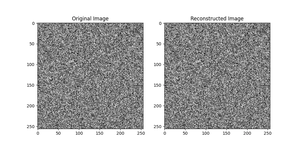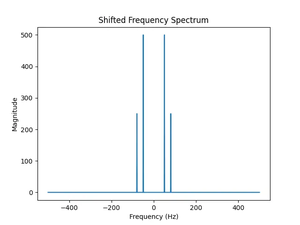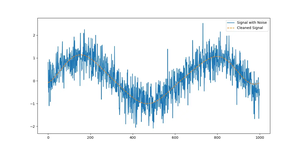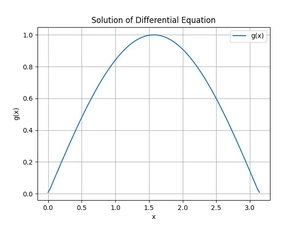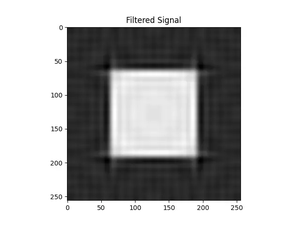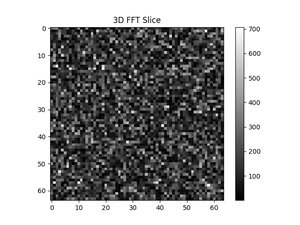The Problem
The NumPy RuntimeWarning: invalid value encountered in double_scalars warning often perplexes Python developers, especially those who are new to using NumPy arrays for scientific computing. This warning typically arises during array operations that result in undefined or non-finite values (such as NaN (Not a Number) or Inf/ -Inf). Understanding the root causes and knowing how to address this warning are essential for maintaining the accuracy and reliability of your numerical computations.
Understanding the Cause
This warning is frequently triggered by divisions by zero, logarithms of non-positive numbers, or other operations that yield undefined mathematical results. When NumPy operates on an array and encounters such situations, it issues this runtime warning to alert the developer of potential inaccuracies in their computations.
Solution 1: Check and Avoid Division by Zero
A common cause for this warning is division where the denominator can be zero. Carefully checking and modifying the code to avoid these cases can prevent the warning.
Steps to follow:
- Identify all divisions in your code.
- Before division, check if the denominator is zero.
- If zero, handle accordingly (e.g., skip, use a minimal value, or default).
Code example:
import numpy as np
# Creating an array with a potential zero denominator
nums = np.array([1, 0, 3, 4])
# Avoiding division by zero
results = np.where(nums == 0, np.nan, 1 / nums)
print(results)
Output:
[ 1. nan 0.33333333 0.25 ]Solution 2: Use NumPy Functions with Built-in Handling
NumPy offers several functions that naturally handle cases that could result in undefined values, such as numpy.nan_to_num or using NumPy’s safe divide method numpy.divide with its where parameter.
Steps:
- Identify the computation causing the warning.
- Replace it with a NumPy function designed to handle such scenarios.
Code example:
import numpy as np
# Division that may result in NaN values
result = np.divide(1, 0, out=np.zeros_like(1), where=(0!=0))
# Replacing NaN values
result_fixed = np.nan_to_num(result)
print(result_fixed)
Output:
0.0Solution 3: Data Validation and Cleansing
Before performing calculations, validating and potentially cleansing the data to ensure that it does not contain zero or negative values (depending on the operation) can be an effective way to avoid this warning.
Steps:
- Inspect your data to identify any potential problematic values.
- Replace or remove these values before proceeding with calculations.
Considerations
While these solutions can mitigate or eliminate the ‘invalid value encountered in double_scalars’ warning, they might not be suited for every situation. Here are some considerations:
- Overheads: Implementing checks or using specific functions may introduce additional computational overhead.
- Accuracy: Manually handling undefined cases (like substituting NaN for 0) can impact the accuracy of the results.
- Readability: Adding extra checks can make the code less readable and harder to maintain.
Ultimately, the best approach depends on the specifics of your project and your requirements for accuracy, performance, and maintainability. Regularly testing and validating your data can help catch issues early and minimize the impact of these considerations.
